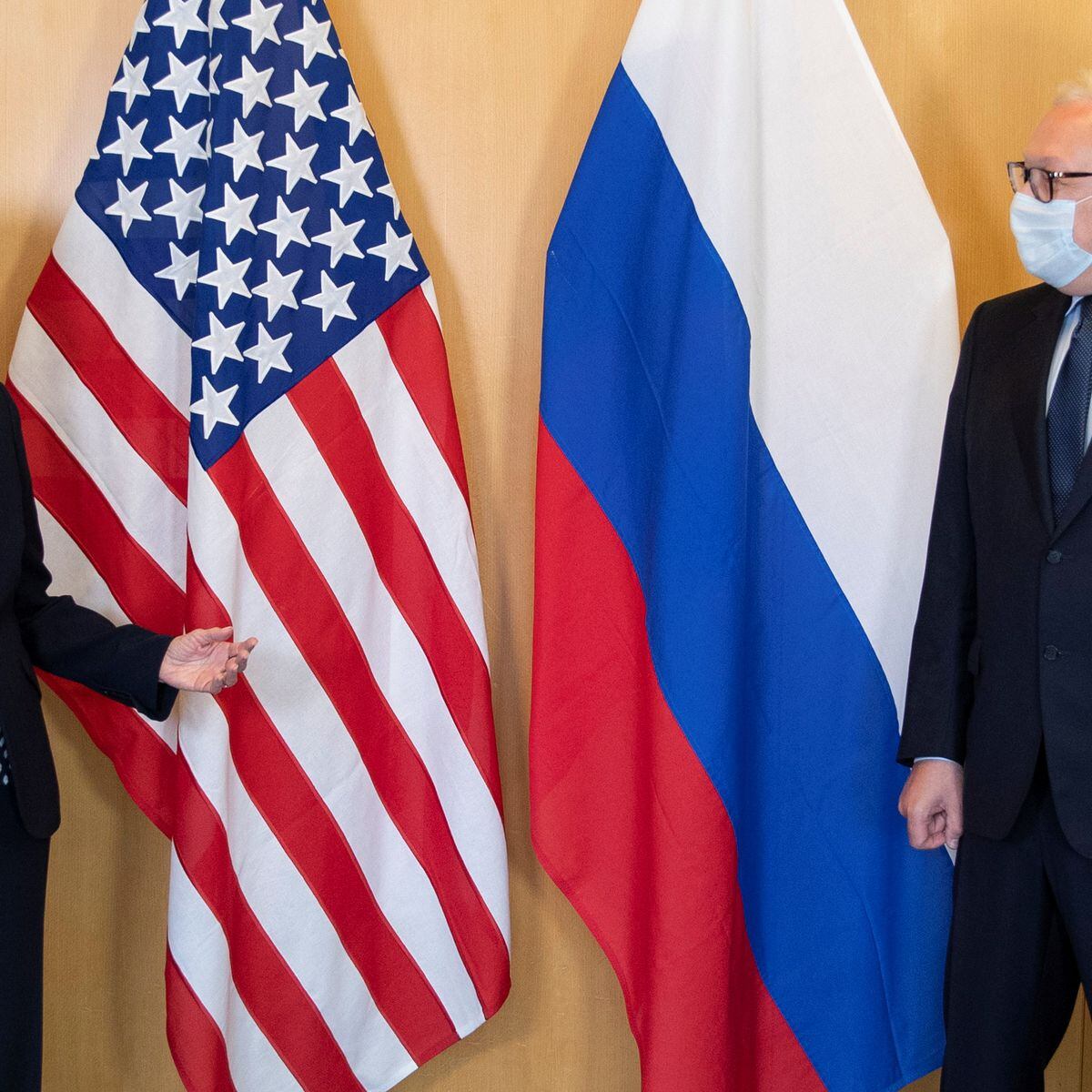Defense One recently reported about Russia having rebuffed a U.S. offer for negotiations on nuclear arms control citing U.S. foreign policy’s perceived threat to its security and interests, according to Russian Foreign Minister Sergey Lavrov. The rejection comes despite Russia not presenting alternative proposals, leaving the future of nuclear arms-control discussions uncertain.

Photo from Defense One
U.S. Offer on New START Treaty Talks
Russian leaders link nuclear negotiations to broader security goals, including opposition to NATO expansion, setting a “high bar” for discussions, according to Vaddi.
Since January 2022, Russia has not put forward specific arms-control proposals, creating uncertainty about the status of draft treaties offered before the invasion of Ukraine.
Despite Russia’s lack of engagement, Vaddi believes they may return to negotiations before the New START treaty expires in 2026.
READ ALSO: Kevin Rudd Casts Doubt On China’s Mediation Role In Russia-Ukraine Conflict
Nuclear Signaling and Ukraine Conflict
Amid Russia’s “special military operation,” nuclear signaling peaked in September 2022 but diminished with continued Ukrainian resistance and Western support.
While Russia did not deploy nuclear weapons when Ukraine reclaimed the Kherson region, questions linger about the seriousness of Russia’s January 2022 draft treaty proposals.
European observers argue that Russia’s nuclear threats are more a tool of coercion against Ukraine and its allies than a genuine military strategy.
























